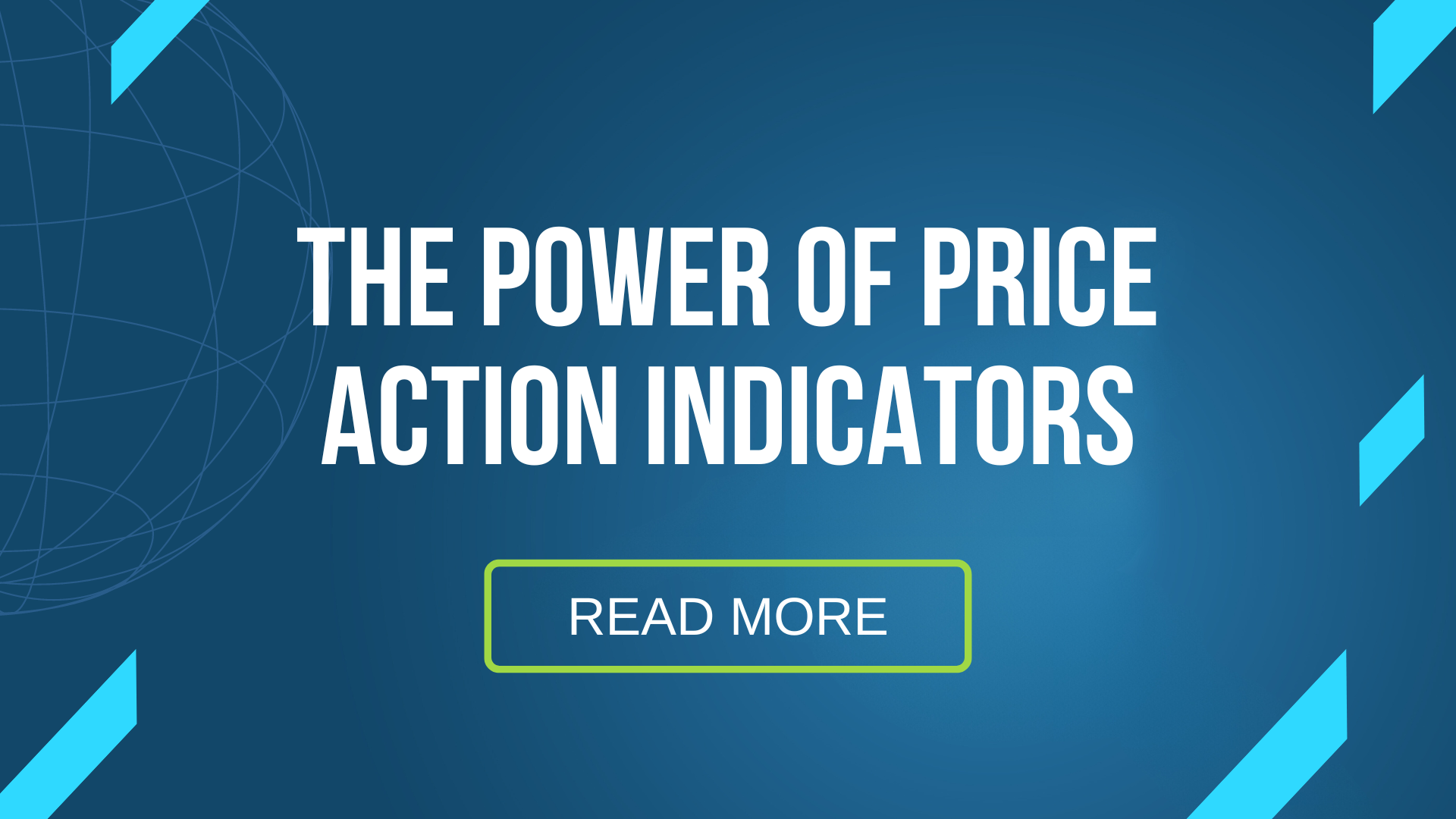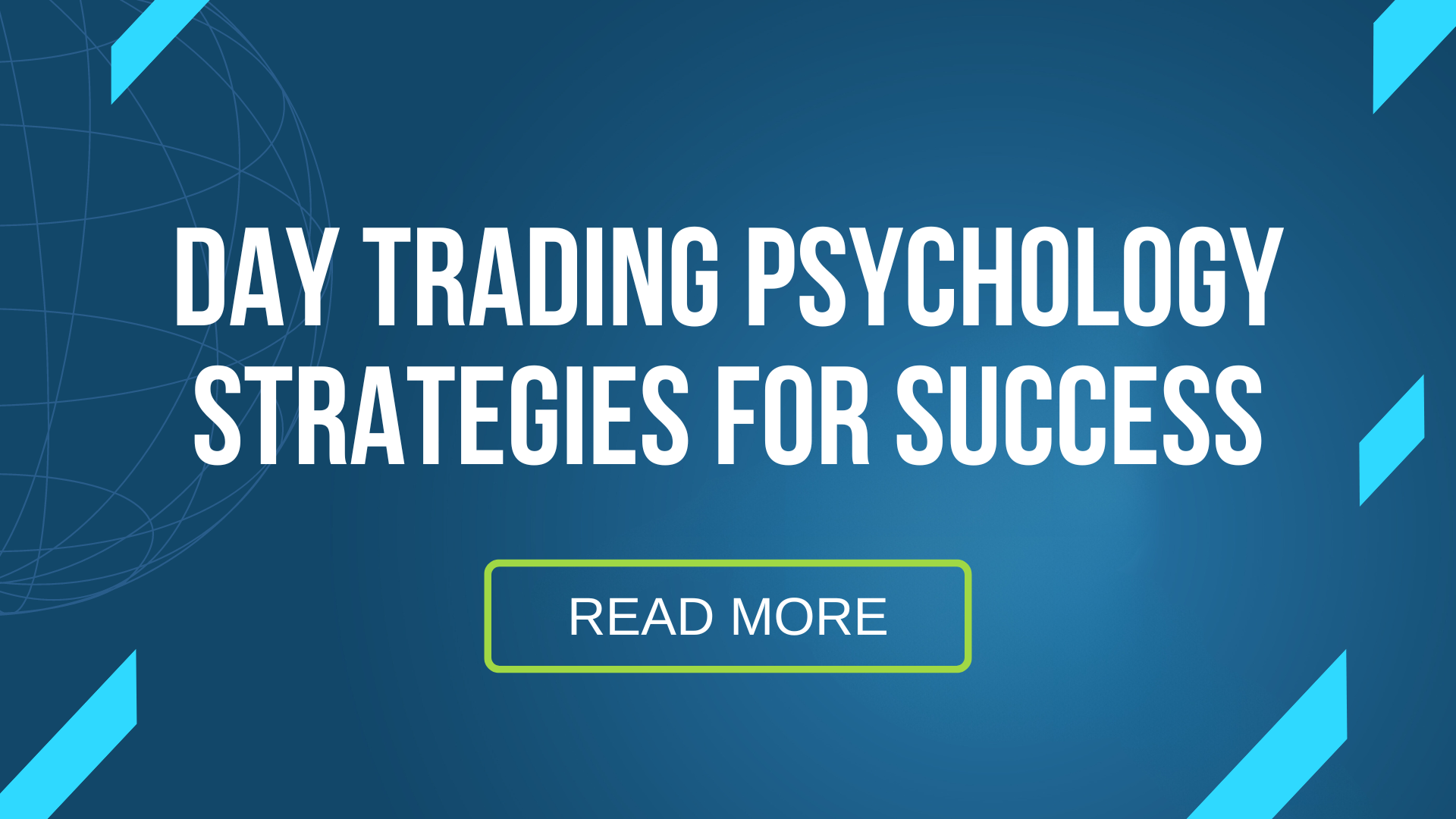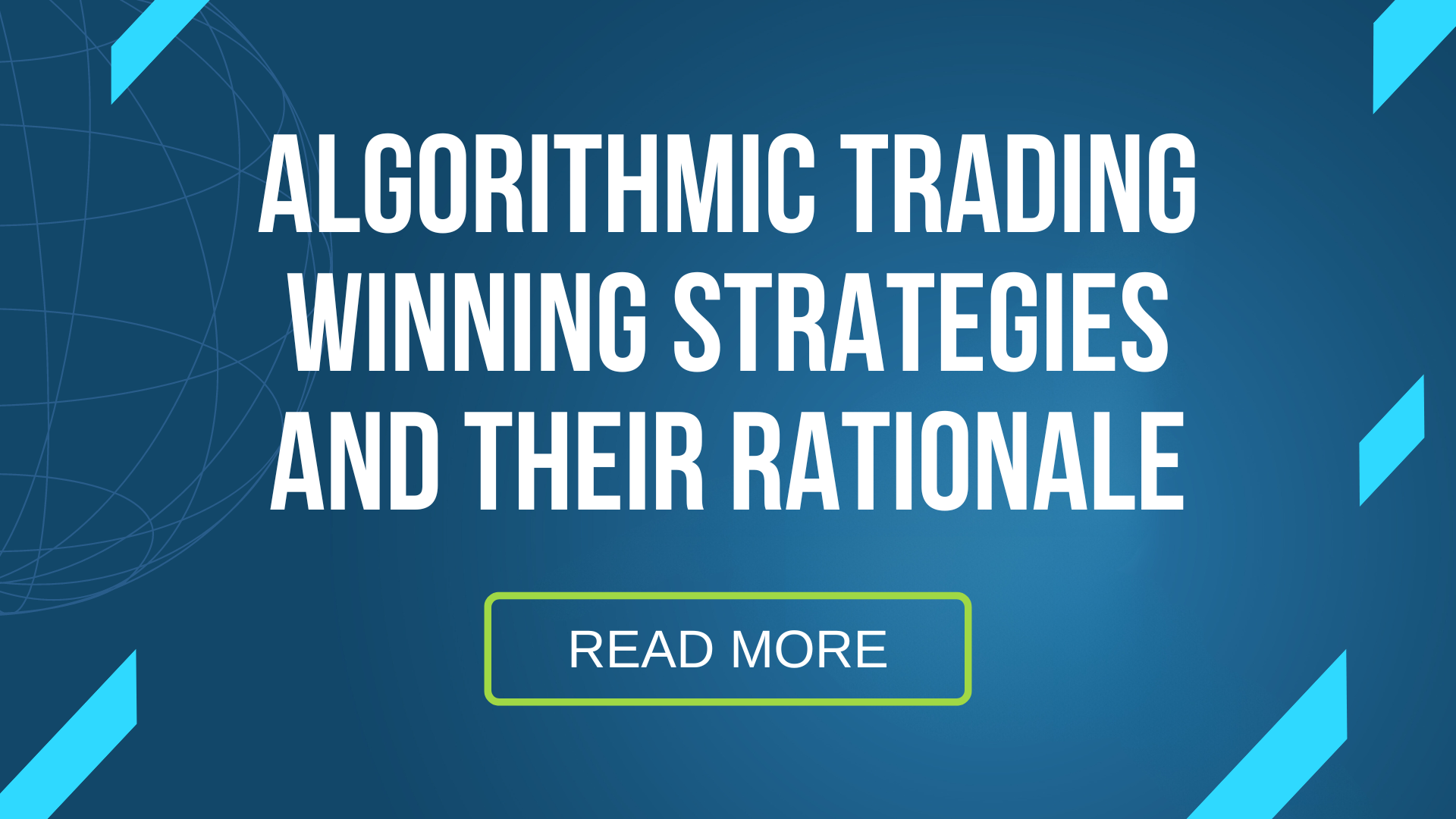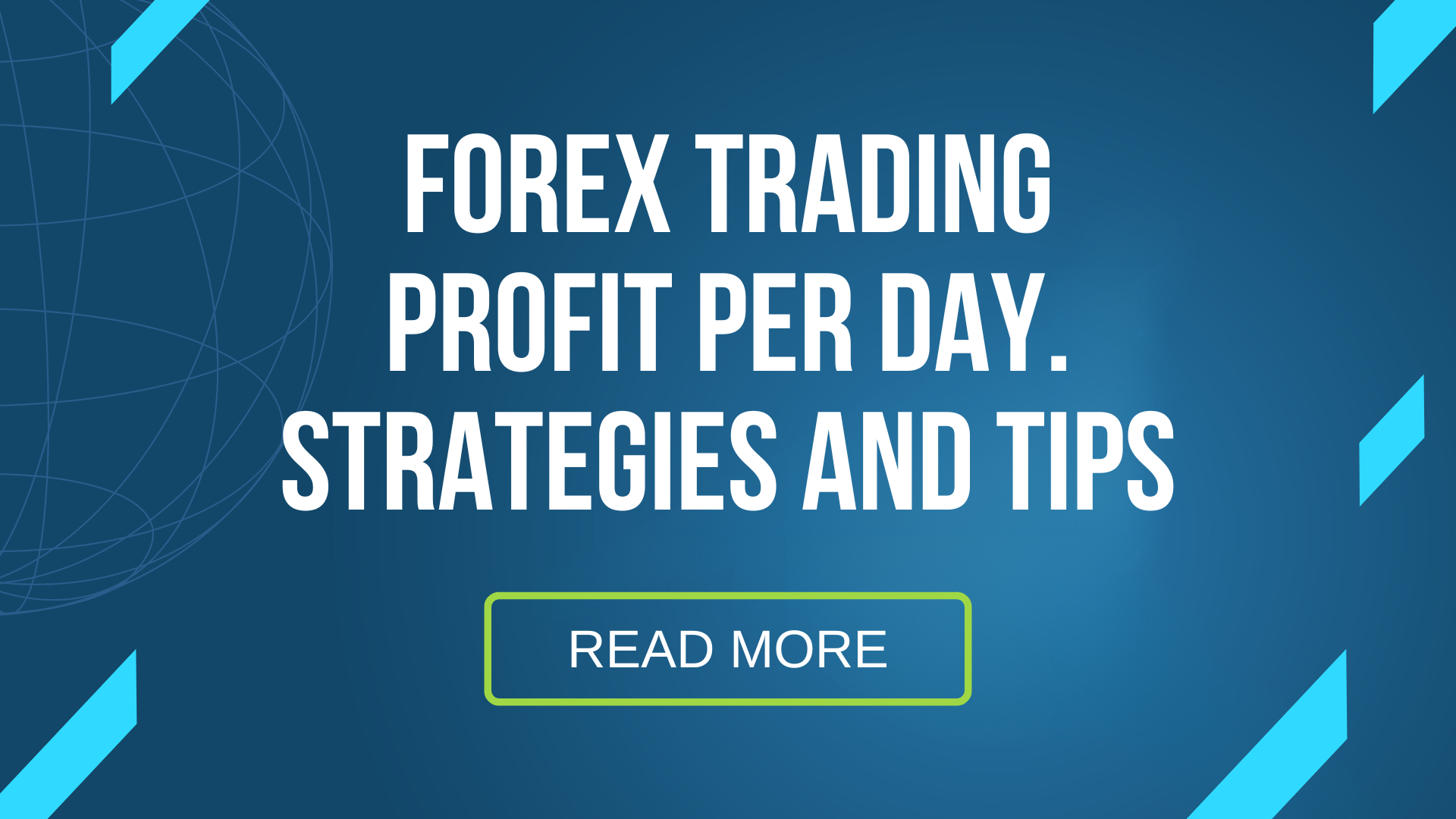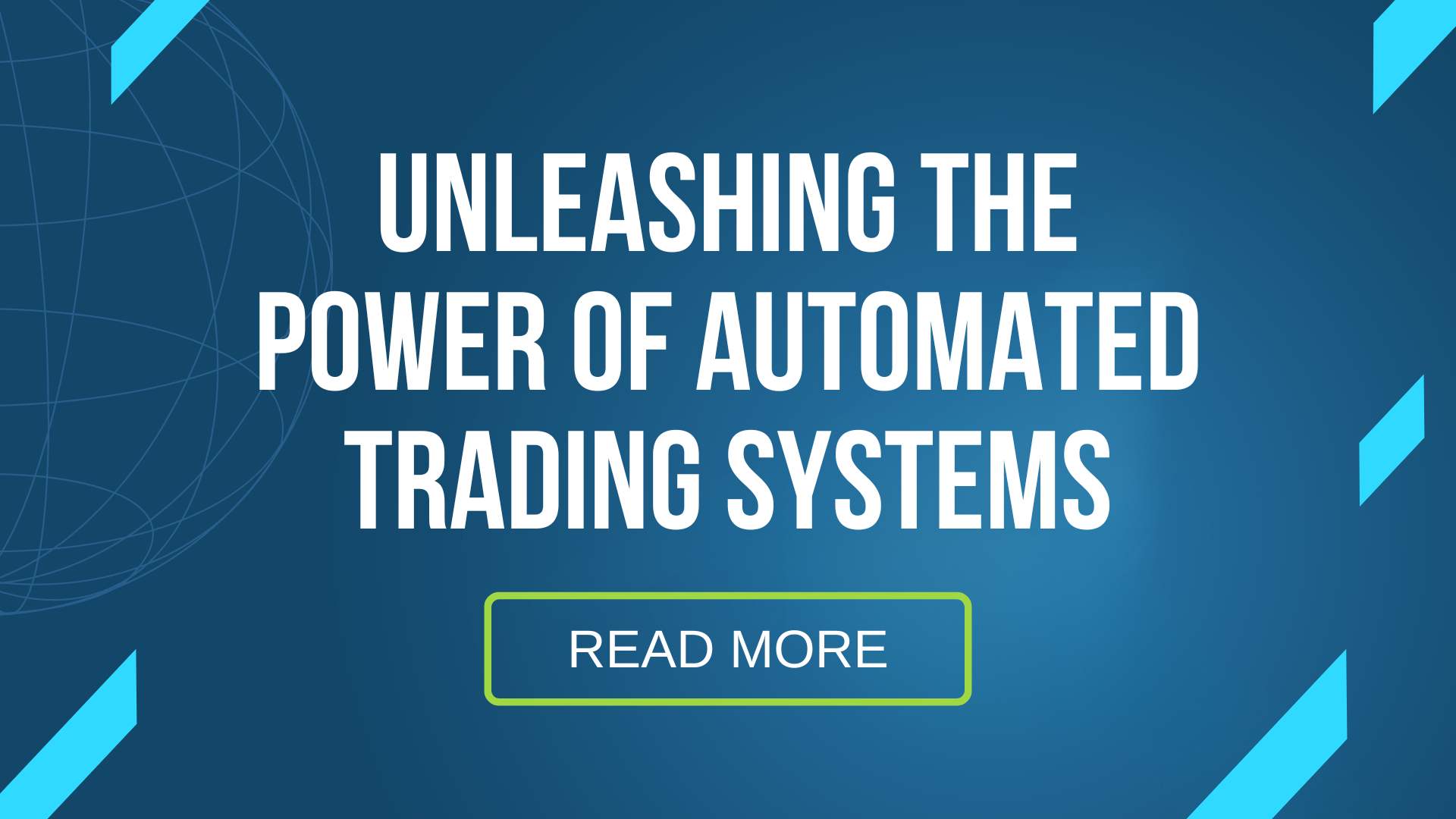There’s no right or wrong approach to trading
Day trading, swing trading, high-frequency trading, margin trading, otc trading vs exchange-traded products…. There are so many types of financial products and so many ways you can trade these days and all of them have advantages and disadvantages.
There are no good and bad ways to trade as long as you make profits and you are comfortable with the risk involved or the time you are spending to carry out this activity.
We, at Prop Quant, are advocating for automated trading and there are so many reasons why we are doing this. However, most times we are having a tough time making people really understand the reasons because of their technical nature.
In this post, I will bring a strong argument that supports data-based trading decisions rather than trading based on your feelings and I will point out how neuroscience discoveries are clearly supporting this argument.
Our memory is NOT reliable
Various studies are showing that we cannot correctly remember the details of our past experiences and that our memories are deteriorating over the years. We are wired to remember very important events in our lives and even in this case memory is playing tricks on us.
One study compared the declarations of people who lived the 9/11 drama shortly after it happened and a few years after that and the results showed that their memories were different, even though they were sure that was exactly how it happened.
Also, DNA samples provided different results than what eyewitnesses had remembered in cases of murder or rape which gave irrefutable proof of the actual perpetrator.
About 50% of the details of memory change in a year, even though most people are convinced they are 100% right, according to Elizabeth Phelps, Pershing Square Professor of Human Neuroscience at Harvard University.
Now take a moment and think how this fact would affect your trading decisions if you would solely rely on your memory. Trading is about details and our brain is wired to forget them. So if you see a trading setup which does not have clear rules but you jump in that trade because you are sure you this setup before many times… you could be wrong.

We make things up
An experiment made by Donna Rose Addis ( University of Toronto) had people remember past experience and imagine future experiences and in both cases, the same part of the brain seemed to be engaged.
Another experiment had people recall their teenage years after a couple of decades. They had to re-answer to questions like: “Which of your parents made most of the decisions in your family?” or “Was it easy for you to get a date?”. Their memories turned out to be “uniformly poor”, for most memories “no better than expected by chance”.
This and many other experiments point to the logical assumption that memories and imagination have something in common in our brain.
In other words, we might often think that what we remember has actually happened when it actually is most in our imagination. This would have a huge impact on those of us which rely on our memory when trading.
So if you see a trading scenario and you find yourself thinking: “I saw this play a few years back. The Dow Jones was peaking to years highs, I think it was late May so the summer is starting and on top of this, we all know the saying sell in May and go away. So this has to be a good chance for me to go short” you would better re-consider that and start looking for statistically solid proof for your decision because your memory might not be your best “trading advisor”.
Humans are programmed to make bad decisions
Fear & Greed – the 2 feelings you must have heard of if you are trading. In short, these 2 will potentially ruin your trading account when trading manually and without a consistent plan because you will end up closing large loss trades and small gains. Moreover, most of the retail traders will not respect their trading plan even if they do have a potentially good one.
We use preexisting biases and beliefs to form an opinion. We can end up to strongly believe in something if we hear/see it often or if it is induced to us in various forms.
In trading, this would obviously be destructive because these days, everybody can share their opinion on social media or social trading platforms and even if they’re not backed up by strong evidence we will tend to believe them and actually place trades based on these opinions because we will start to truly believe in them.
The logical thing to do now…
Eventually, trading is nothing more than a game, a rather complex one that we will not get to win if we make our trading decision based on memory, guessing, feeling or social media opinions.
So if we want to win, we first need to fully understand the “rules” of this game and then start making documented decisions, based on real data.
If you think you have a good strategy, test it on real data and try to optimize it on the go. You will never find the holy grail of strategies which will not require changes in years
Try to code your decision making process. Your ATS (automated trading system) will apply it as it is and only in this way, you will get rid of fear and greed.






